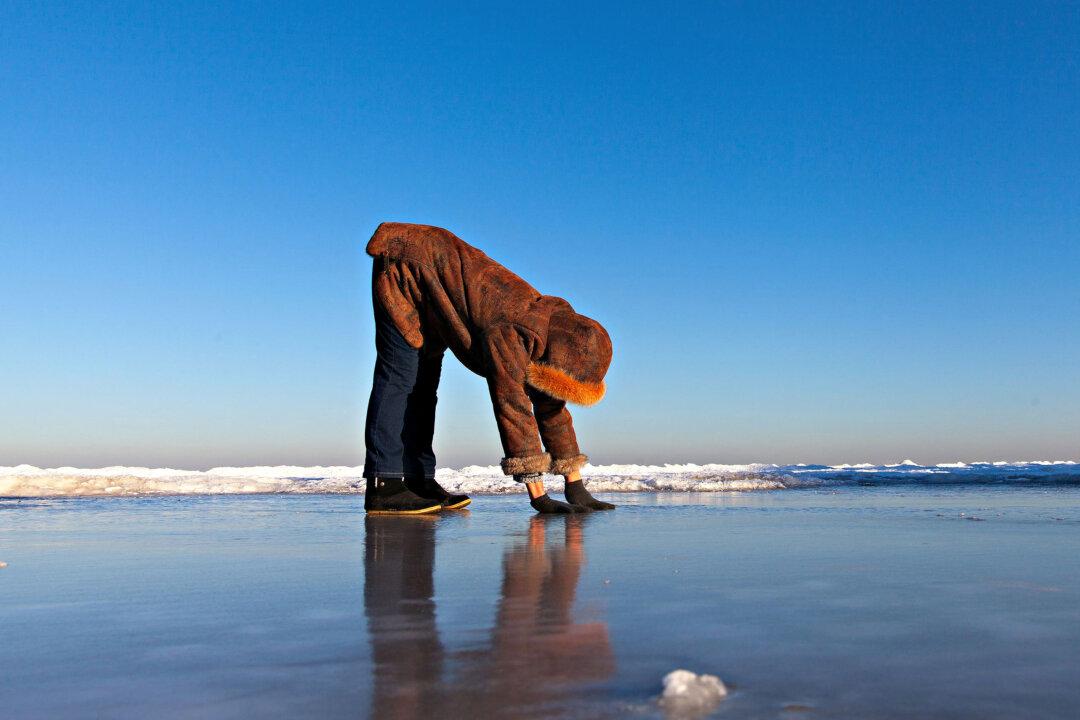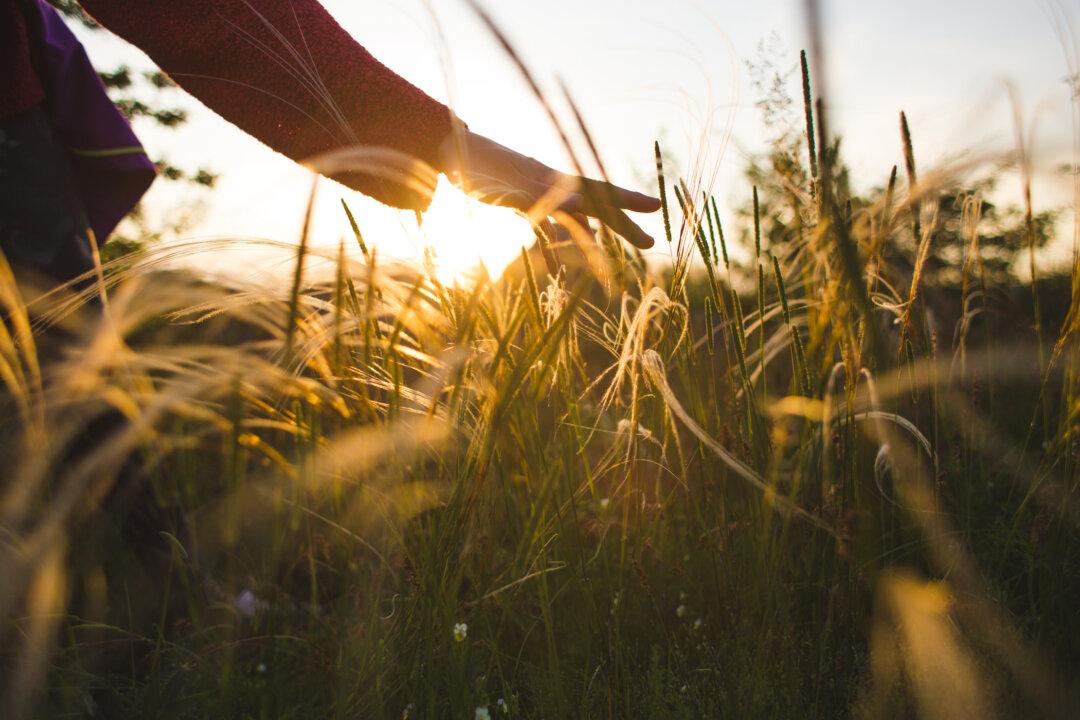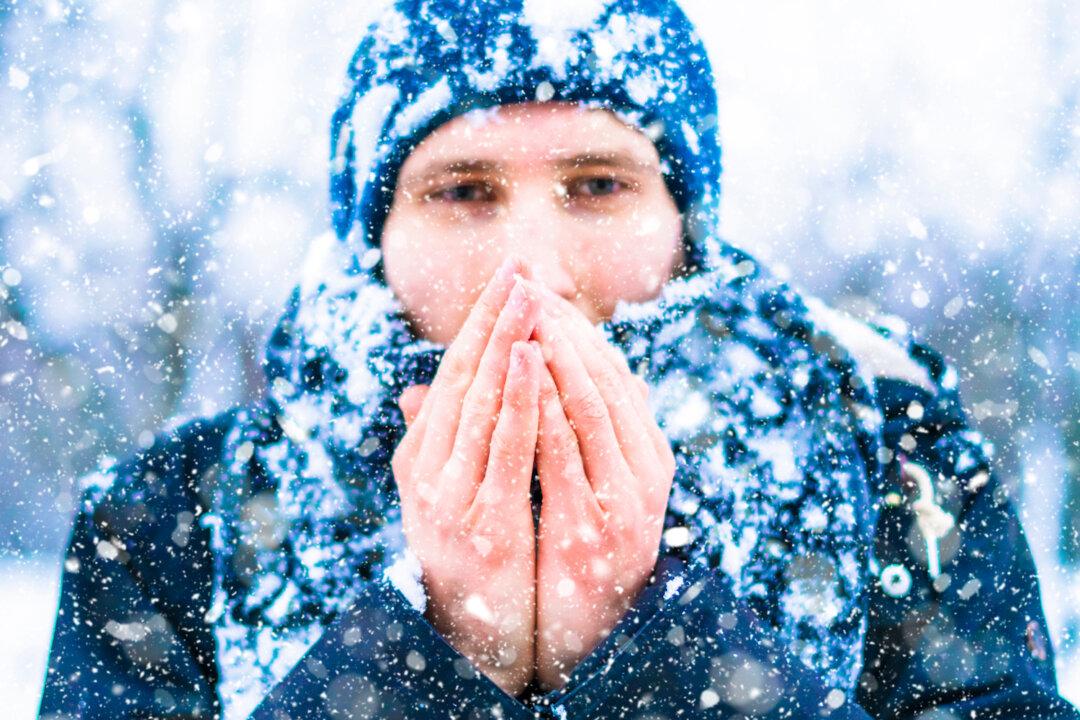When I think of my childhood, I think first of all the hours I spent playing in the dirt. There was nothing better than upending rocks to look for salamanders, wading into skanky ponds with the hope of nabbing a turtle, or crouching at creek’s edge catching minnows. I spent hours on end fascinated and grimy.
While my parents might not have loved how dirty I became (I could leave an impressive bathtub ring), my time rooting around in the dirt may have been good for my health. Your well-being is connected to the microbes you carry on and in your body, and the greater variety that you are exposed to, especially as a child, the better the odds that you will be healthy as an adult.





